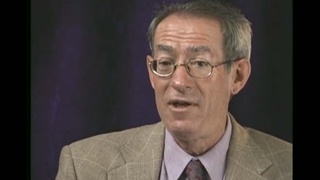Interviews
The Nikkei community that didn't support Former President Fujimori's election (Japanese)
(Japanese) President Fujimori... Well, when Mr. Fujimori announced his candidacy for president, I think it’s safe to say that all the Nikkei, well, most of them anyway, were not supporting him. The reason was the violence and looting against the Japanese before the war. Ever since, we haven’t been able to get over being plundered like that. It was such a big thing, the kind of trouble that incident caused. So, if Mr. Fujimori could not carry out the duties of president in a respectable way, then all the criticism would likely fall on the Nikkei. And if that happened, the Japanese would likely fall prey to looting again like they did before the war. As for the Nikkei, everyone was afraid that that would happen. And so, cautious like a bunch of politicians, the Nikkei preferred not to engage in terribly flashy or high-risk prospects, or so it was commonly thought at the time. But, of all things, they ended up announcing his candidacy for the president of the country, and for goodness sakes, managed to get him elected.
I heard that the Nikkei had been asking President Fujimori not to run for president although I’m not sure if that’s true or not. Still, rumors of that kind were floating around. The Nikkei were concerned or at least scared of Mr. Fujimori becoming president. In short, when he won the election, the community’s reaction was probably fear rather than joy.
Date: May 7, 2007
Location: California, US
Interviewer: Yoko Nishimura
Contributed by: Watase Media Arts Center, Japanese American National Museum









